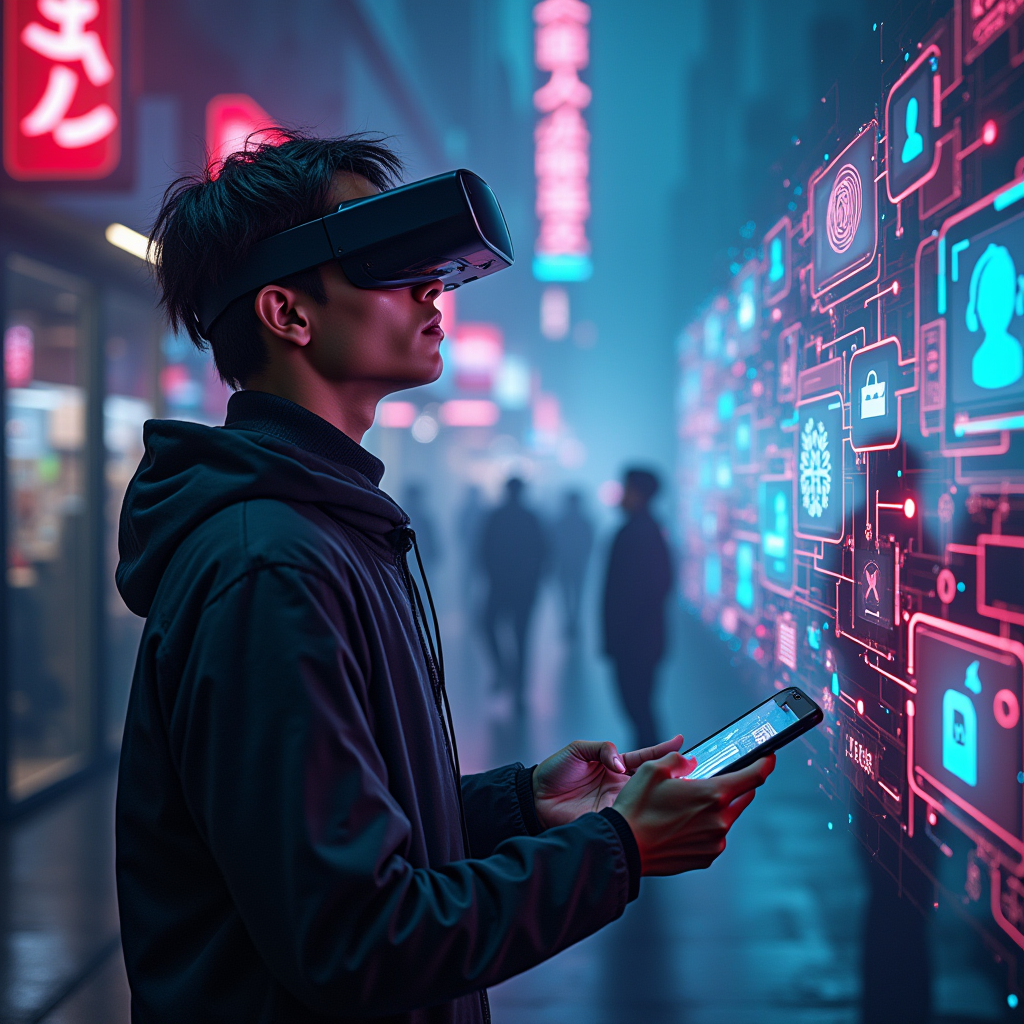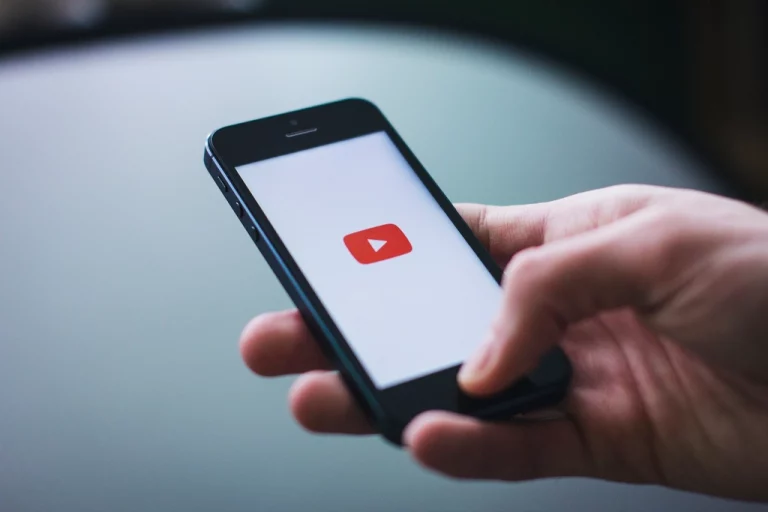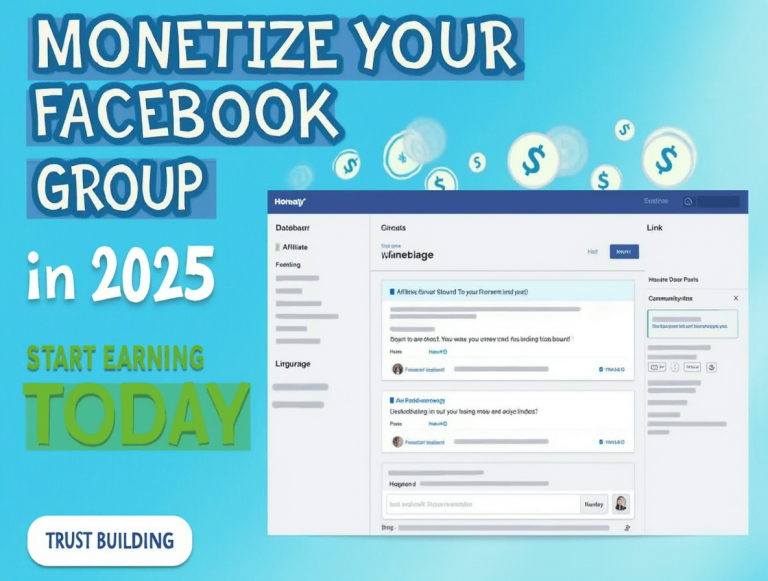
TikTok has revolutionized social media with its short-form videos, AI-driven content recommendations, and viral trends. However, as technology advances, new platforms and digital experiences are on the horizon. The ever-changing nature of social media means that businesses, influencers, and everyday users must stay ahead of emerging trends to remain relevant. In this article, we will explore what’s next after TikTok and how AI, decentralization, AR/VR, and niche communities are shaping the future of online interaction.
The Rise of AI-Driven Social Platforms
Artificial Intelligence (AI) is playing a crucial role in shaping the next generation of social media platforms. AI-driven content curation, automated moderation, and personalized recommendations are improving user experiences. New platforms like Chingari and Clash leverage AI to deliver customized feeds and enhance content discovery. Additionally, AI-generated influencers and automated content creation tools are gaining popularity, changing how users interact with social media.
AI-powered social media tools, such as ChatGPT and Lumen5, help brands create engaging content more efficiently, making it easier to produce videos, captions, and even entire blog posts. As AI continues to evolve, expect more automation in how content is produced, shared, and consumed.
Decentralized Social Media Networks
With growing concerns over data privacy and corporate control, decentralized social media platforms are gaining popularity. Unlike traditional platforms, which store data on centralized servers, decentralized networks distribute data across blockchain systems, giving users more control. Platforms like Mastodon and Steemit offer decentralized alternatives where users can engage without being subjected to heavy moderation or data exploitation.
Decentralized platforms also allow creators to monetize their content directly through cryptocurrency and NFTs, bypassing traditional advertising revenue models. This shift could redefine how influencers and businesses interact with audiences, leading to a more creator-driven economy.
The Shift to Augmented and Virtual Reality
Social media is no longer limited to scrolling through feeds. Augmented Reality (AR) and Virtual Reality (VR) are becoming integral parts of digital interaction. Platforms like Horizon Worlds by Meta and Zepeto enable users to create and interact in immersive digital spaces. These platforms offer new ways for brands and influencers to engage audiences through virtual events, digital storefronts, and interactive storytelling.
As AR and VR technologies improve, users will experience more lifelike social interactions online. Virtual influencers, digital avatars, and AI-generated personalities could soon dominate social media, creating unique and highly engaging content experiences.
The Growth of Niche and Community-Driven Platforms
A significant trend emerging in social media is the rise of niche communities. Users are moving away from mass-market platforms in favor of apps that cater to specific interests. Platforms like BeReal focus on authentic, unfiltered moments, while Caffeine is designed for live-streaming communities.
These smaller, highly engaged platforms allow users to connect on a deeper level, making them attractive for marketers and brands looking to reach specific audiences. Community-driven platforms also provide opportunities for creators to establish dedicated fan bases without relying on algorithm-driven exposure.
The Role of AI in Content Creation
AI-generated content is becoming increasingly sophisticated, enabling creators to produce high-quality videos, articles, and images with minimal effort. Tools like Runway ML and Synthesia allow users to create realistic AI-generated videos, making it easier to produce professional-looking content at scale.
As AI continues to advance, expect to see more AI-generated influencers, virtual brand ambassadors, and personalized digital experiences. These innovations will change how businesses and creators approach social media marketing, shifting towards a more automated and data-driven approach.
Conclusion
The social media landscape is constantly evolving, and TikTok’s dominance will not last forever. The next wave of social media will be driven by AI-powered platforms, decentralized networks, immersive AR/VR experiences, and niche communities. Businesses, influencers, and users who adapt to these trends will stay ahead of the curve in an increasingly competitive digital space.











